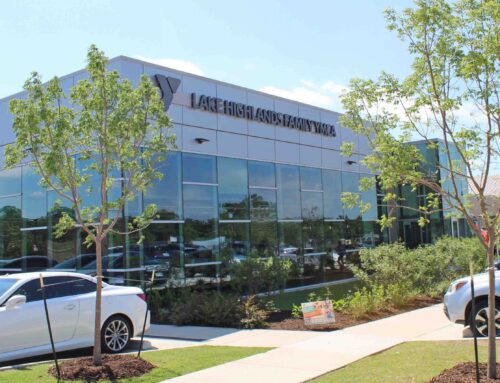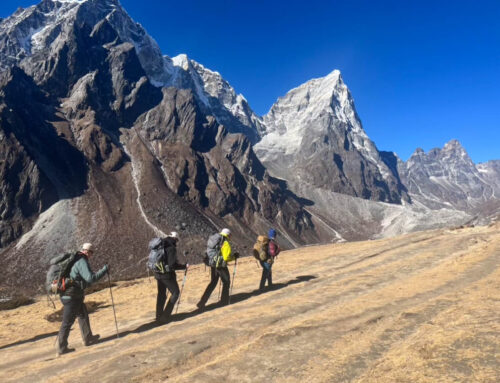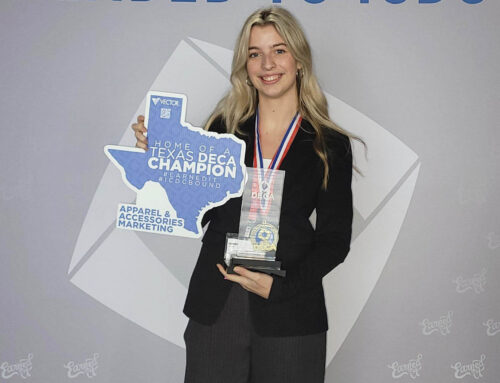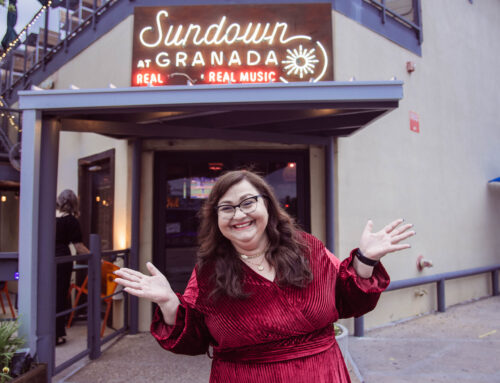We are living through an extraordinary time, what with the persistence of pandemic pestilence and its successive COVID-19 variants. Then there’s wildfires in the West, hurricanes in the South, floods in the Northeast, and citizens of Earth poles apart on any and every issue, it seems.
Makes the idea of starting over on Mars appealing.
Curiously, that’s something NASA is preparing for with its 1,700-square-foot Mars Dune Alpha habitat at the Johnson Space Center in Houston. The climate-controlled environment will simulate life on Mars in a life-imitates-art way that recalls Matt Damon’s role in “The Martian.”
NASA is seeking four intrepid souls to spend a year with one another while isolated from the rest of the world. They will need to be exceptional people between the ages of 30-55 (I’m out) with master’s degrees in math, engineering or science (out again), physically fit and emotionally strong (well, never mind).
“Attitude is the key,” says former Canadian astronaut Chris Hadfield. Those chosen must be “super competent, resourceful and not relying on other people to be comfortable.”
NASA is hoping that the superior profile of these human “lab rats” will bode well for the experiment. The Russian version of the pretend Mars mission didn’t go so well, Hadfield says, because “the people were too much like everyday people.”
Apparently, it’s the everyday-ness of people that gets in the way.
We have learned a lot about ourselves as earthlings from our exploration of space, including how wondrous and fragile our planet is. If we can learn how to live together here by means of an experiment elsewhere, I’m all for it. But why not consider just such a real-time exercise among everyday people here and now?
We have the laboratories of incubation: smaller social environments like families of flesh, communities of faith and neighborhood blocks. Siblings of blood and spirit, along with proximate neighbors. We can look out for one another while respecting the individuality of each kind of kin.
Former U.S. House Speaker Thomas “Tip” O’Neill used to say: “All politics is local.” By that he meant that people don’t vote for politicians for their big ideas or abstract ideals; they vote for leaders who care about them and their lives on a micro scale.
Learning to forgive your brother, reconciling with your mother, making peace with the chair of deacons, praising the president of your neighborhood association, apologizing to your daughter, complimenting your son, kneeling at the Communion railing next to someone who gossiped about you, assuming the best from someone you suspect might wish you ill, asking questions more than making statements, sharing your goods with those in need, seeking to serve rather than be served: These are just some random everyday practices that everyday people can do to live together well.
We don’t have to go to Mars to learn survival skills. And we don’t have to be anything other than everyday people.
What we must have is only this — unflagging love for one another.






